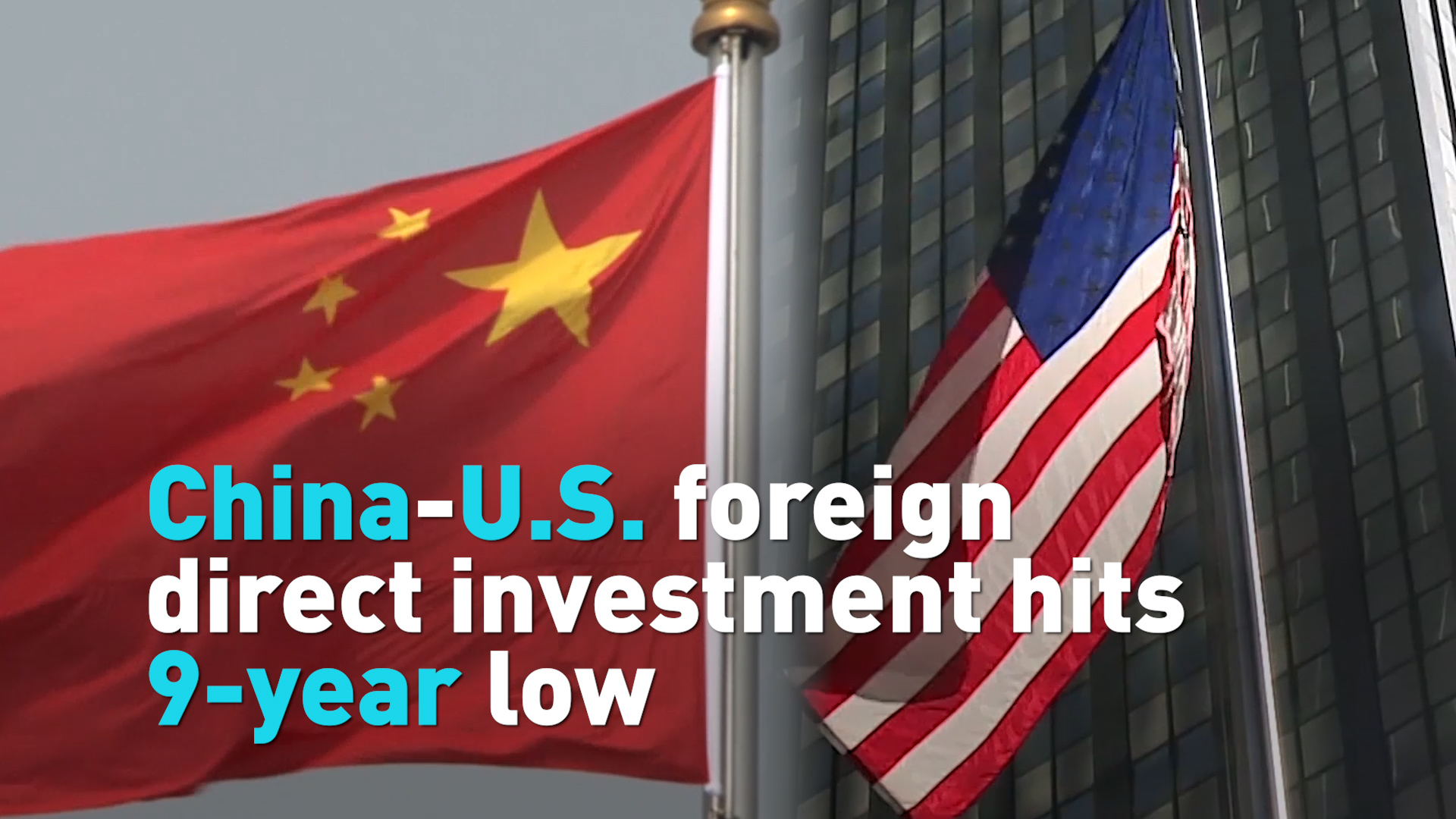02:52

There was a time when Chinese money was flowing fast and furious into New York City real estate. The most high-profile purchase was the 2014 acquisition of the Waldorf Astoria by Anbang Insurance, which paid nearly two billion for the property.
In 2016, Chinese Foreign Direct Investment or “FDI” into the U.S. hit a peak of more than 46 billion dollars. That money flowed into industries like tech, energy, agriculture, autos and real estate, creating jobs for U.S. workers in many states. Those days are over.
Investment flows between the U.S. and China began falling years ago after China put restrictions on capital outflows. But they recently hit a new bottom. A report by the National Committee on U.S.-China Relations and Rhodium Group finds that investment flows fell to a nine-year low in the first half of 2020.
From January to June, the total value of transactions was less than $11 billion.
The coronavirus is partially to blame but it was the election of Donald Trump that really put the brakes on bilateral investment. The administration triggered a trade war with China and has put restrictions on technology transactions citing national security concerns. China has retaliated with its own restrictions on U.S. companies.
“So what we have is both governments adopting these overly-broad definitions of what is allowed, and it’s leading to hurting the people on both sides, hurting the business on both sides," said Stephen Orlins, president of the National Committee on U.S.-China Relations.
Orlins said unlike trade which is transactional, investments are relationship building because both parties have a vested interest in seeing the business thrive.
“My great hope had been that investing would be a driver for better U.S.-China relations. So, this downturn disappoints me from that perspective—that it’s not leading to this becoming ballast in the United States/China relationship," Orlins said.
In the short term, it’s doubtful that there will be much of an improvement in the relationship no matter who wins the U.S. election, he added.
“When you look at the hundreds of bills that are in Congress, it shows the bipartisan support for a much tougher stand and no matter who is elected that is still going to be that way," Orlins said.
Check out The China Report, our new weekly newsletter. Subscribe here!